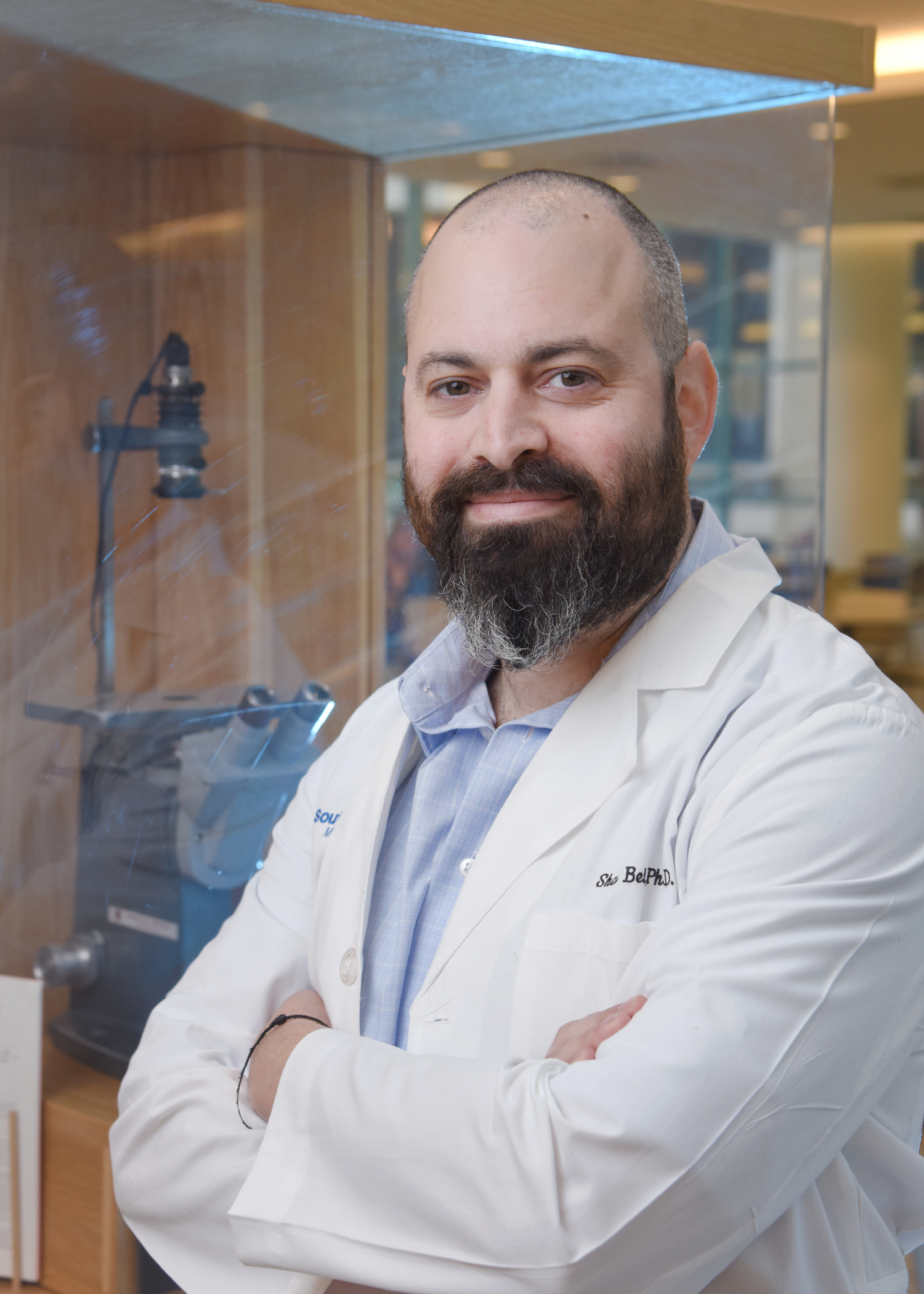ECCO Grant Study Synopsis: Shai Bel
Shai Bel, ECCO Grant Awardee
THE ROLE OF AUTOPHAGY IN LIMITING IBD-ASSOCIATED AIEC-INDUCED INTESTINAL INFLAMMATION
 Shai Bel Shai Bel© Shai Bel |
Aim of research
While the aetiology underlying the development of Inflammatory Bowel Diseases (IBD) is unclear, evidence points to an interaction between host genetics, such as mutations in autophagy genes, and environmental factors, such as bacterial infections. Multiple studies have identified an adherent-invasive Escherichia coli pathotype (AIEC) that attaches to intestinal epithelial cells (IECs) in patients with IBD but not in healthy subjects. It is thought that AIEC exploits the intestinal inflammation in patients with IBD to attach to the IECs, intensifying the pre-existing inflammation. Studies in vitro have shown that functional autophagy is crucial to eliminate AIEC infection. Here, we aim to identify how, and in which compartment of the intestine, autophagy protects the host from AIEC-associated pathologies in vivo and to determine whether artificially enhancing the autophagy process is a viable therapeutic avenue for patients with IBD and intestinal AIEC colonisation.
Methodology/experiments that will be used
Using mice carrying the IBD-associated Atg16l1 T300A mutation and mice carrying a mutation which results in constant activation of autophagy, we will systematically examine the different compartments that protect the host from AIEC infection.
Anticipated main impact
There are currently multiple drug candidates in development that artificially induce the autophagy process, and our results will indicate whether treating AIEC-infected IBD patients with these autophagy inducers is a viable treatment avenue. Our results will also provide insights into the role of autophagy in mediating immune response against other gastrointestinal invasive bacteria.
Proposed timeline
These experiments will be completed within 12 months.


